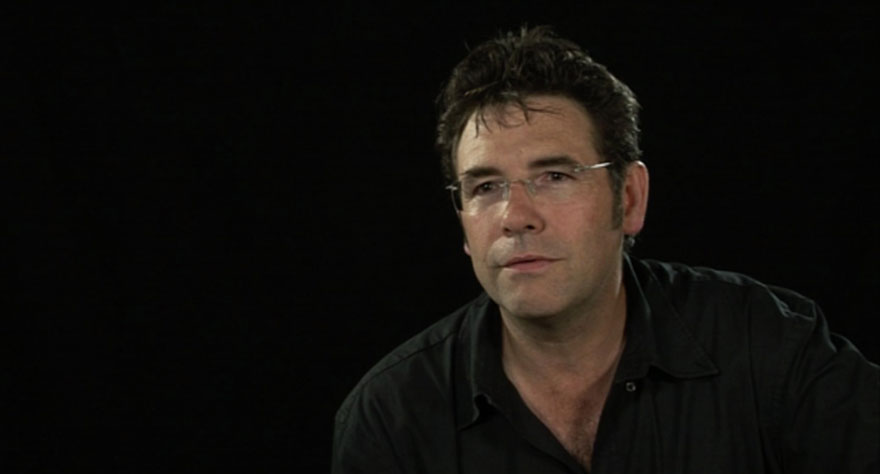
'Je Suis Charlie' takes a difficult subject and handles it with sensitivity and grace.

'Je Suis Charlie' takes a difficult subject and handles it with sensitivity and grace.
Directed by the father-and-son team of Daniel and Emmanuel Leconte, Je Suis Charlie chronicles the horrific events of the attacks on the offices of the French satirical magazine Charlie Hebdo, which resulted in the deaths of eleven people. The attacks, carried out by terrorists claiming to be part of Al Qaeda, were in retaliation to a series of drawings of the prophet Muhammad made by the magazine. The act of depicting the prophet, controversial because it is sacrosanct within the Islamic religion, led to condemnation of the magazine by some of those within the Muslim community. In the following two days, eight more were killed in four separate attacks, one of which involved an attack on a Jewish supermarket. These attacks were the deadliest in France since 1961, and the deadliest in Europe since the 2011 Norway attacks. It led to an outraged reaction throughout Europe, triggering debates around the nature of freedom of speech and, in particular, the freedom to criticise religions such as Islam.
The Lecontes take a personal, intimate approach to their film, using interviews with the Charlie Hebdo staff to document the attacks. One of the most moving accounts comes from cartoonist Corinne Rey, who describes finding the gunmen outside the Charlie Hebdo offices. She was forced to direct them to the staff room after they mistakenly went to the wrong office, conveying the surrealist nature of the attacks.
The Lecontes, however, are not merely content with providing a basic account of the incident. They are also intent on exploring why this attack was carried out. They do not shy away from exploring any of the elephants in the room during the interviews regarding Charlie Hebdo’s content. The Lecontes encourage the surviving cartoonists to describe their frustration over why the French media, who proudly announced “Je Suis Charlie” after the attacks, were quick to criticise the magazine like they have in the past once the wave of public support died down. What also gives this documentary an added political fervour is the inclusion of interviews with people who died in the attacks, including interviews with the magazine’s editor Charb. Charb’s passion, conviction and intelligence is quickly apparent, injecting the film with an energy that helps justify the documentary’s sympathetic attitude towards the magazine. Charb reveals the need to question and provoke, but also the care and thought that went behind many of the magazine’s controversial cartoons.
The film’s intellectualism can occasionally veer on the side of the inaccessible, with some of the arguments raised by interviewees feeling very academic at times, but the Lecontes always bring the documentary back to the personal, intimate and relatable. The Lecontes’ use of archival footage of the artists and writers enjoying themselves with friends and work parties conveys the ordinary nature of their lives, despite their extraordinary bravery in continuing to produce cartoons that led to numerous death threats before the events of January 15th. Their focus on funny anecdotes and fond memories amongst the horror and violence also highlights the absurdity of these often reserved, humorous, self-deprecating intellectuals.
Given the immediacy with which this documentary has been produced, Je Suis Charlie was always going to struggle to provide something meaningful with such a quick turnaround. However, the documentary nevertheless offers an enlightening account of the social politics in France and around Europe. Je Suis Charlie also asks the important question of whether or not the attacks have resulted in a desire to further protect freedom of speech, since people have become afraid to criticise religion. But Je Suis Charlie poignantly illustrates the lives of those who worked for Charlie Hebdo, conveying the humanity of the victims and subsequently the tragedy of their deaths, for not only those wanting to protect freedom of speech, but also for those who loved them as great friends and colleagues. Je Suis Charlie takes a difficult subject and handles it with subtlety and sensitivity, whilst also making an engaging and interesting documentary.